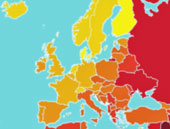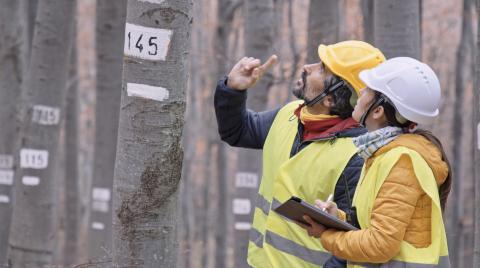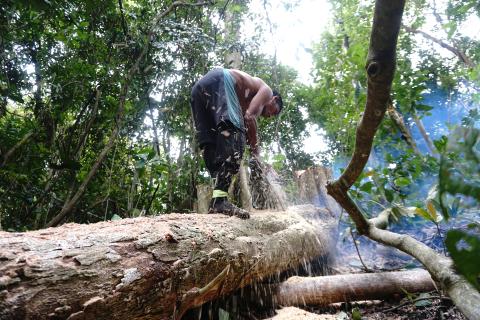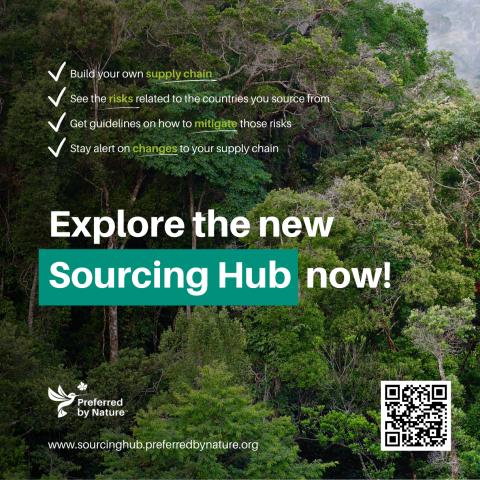New corruption figures: implications for legal timber sourcing
On 5 December 2012, Transparency International released the results of the Corruption Perceptions Index (CPI) 2012.
The CPI is an important resource for companies that need to carry out risk assessment under the EU Timber Regulation or other legal frameworks. It is also an important indicator used in the FSC controlled wood system.
The 10-point scale used in previous years has been replaced by a 100-point scale.
Transparency International now scores the perceived corruption levels of 176 countries and territories around the world on a scale from 0 (highly corrupt) to 100 (no corruption), based on perceived levels of public sector corruption.
In the new CPI, New Zealand, Denmark and Finland share the first place as the world's least corrupt countries with 90 points each. Somalia, Afghanistan and North Korea rank lowest with 8 points each.
Five new countries move above the controlled wood threshold
For the purpose of FSC Controlled Wood risk assessments, it is considered that the former threshold of 5 for determining risk now corresponds to a threshold of 50 on the new scale. Field verification of legal harvesting is required for companies sourcing controlled wood from countries with a CPI below 50.
Compared to 2011, five countries - Lithuania, Costa Rica, Hungary, Georgia and the Seychelles - have moved above the threshold. None of the countries with a CPI index above 5 in 2011 have fallen below the corresponding new threshold of 50.
The Global Forest Registry - the free online resource for companies seeking to avoid sourcing unacceptable timber - has been updated with the new corruption figures. All five countries now appear as low risk for all controlled wood categories in the Global Forestry Registry. However, the registry is only guidance based on publicly available information that varies in comprehensiveness. In some cases more analysis willl be required from the companies sourcing controlled wood in order to deem a country low risk for legality. The level of corruption is only one out of four criteria that need to be covered by the controlled wood risk assessment for legality. The three remaining criteria still need to be assessed.
Seven EU countries remain "unspecified" risk
Last year, we reported that as many as nine EU countries were considered "unspecified risk" for forest legality. With the positive development of Lithuania and Hungary, seven EU countries remain in the unspecified risk category due to high levels of corruption: Bulgaria, the Czech Republic, Greece, Italy, Latvia, Romania, and Slovakia. These figures indicate that there is risk of illegal harvesting in several locations within the EU.
A low CPI does does not necessarily imply illegal logging, but generally indicates a higher risk of illegal harvesting in a country. All forest operations located in the EU are required to have due diligence systems in place because they are defined as 'operators' in the regulation.

CPI of European countries 2012. Light colours indicate low levels of corruption.
The Global Forest Registry - the free online resource for companies seeking to avoid sourcing unacceptable timber - has been updated with the new corruption figures.
Source and CPI map: Transparency International



